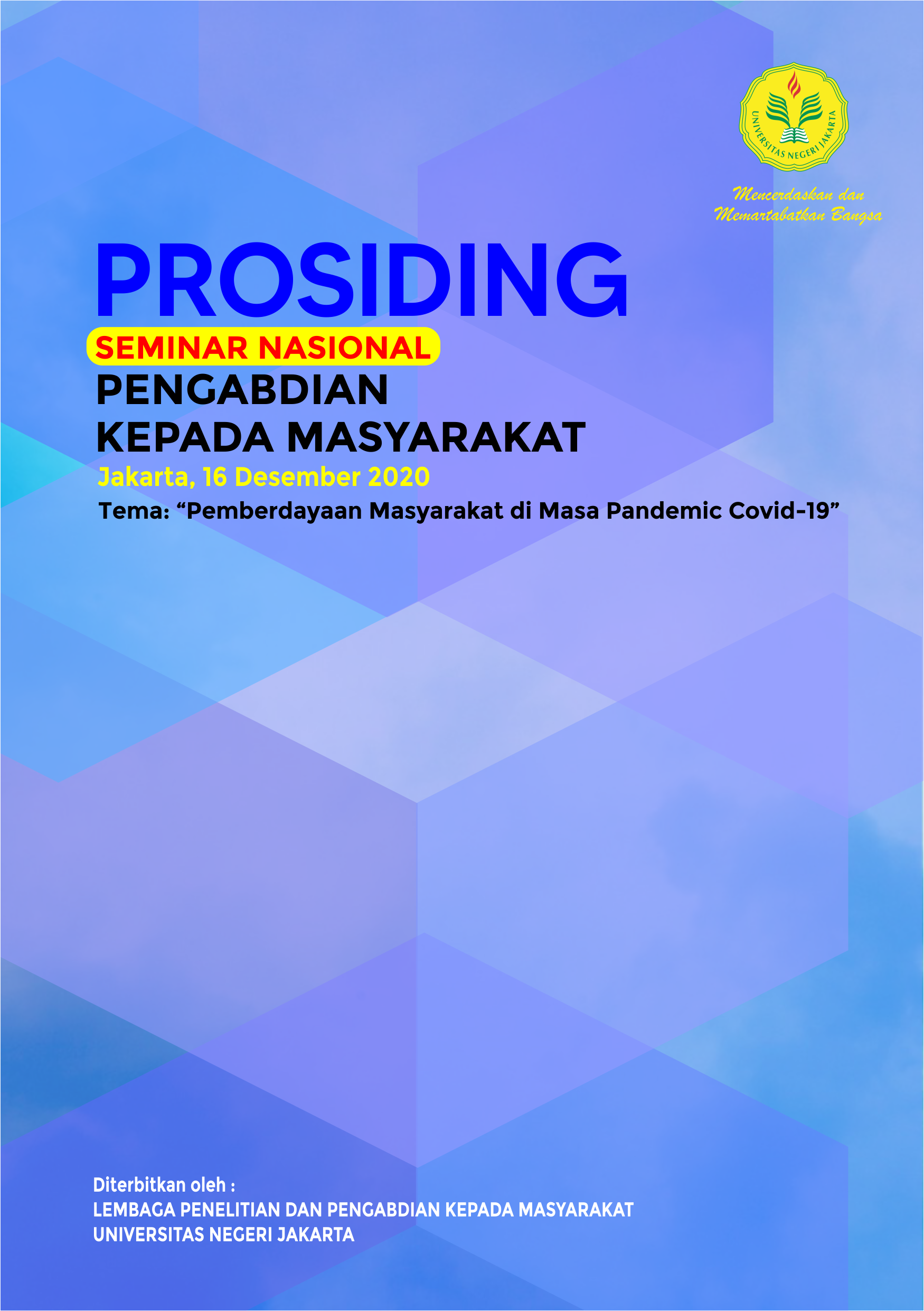MENGENALKAN KEGIATAN EKONOMI SIRKULAR PERSONAL UNTUK MENGURANGI EMISI KARBON PADA SISWA SEKOLAH DASAR
Abstract
Abstract
To realize sustainable development in Indonesia, the government has begun to introduce and apply the principle of a circular economy in various sectors. The principle of a circular economy in the form of using goods as long as possible, utilizing items that have not been used for a long time, recycling, minimizing waste are considered to accelerate the success of low-carbon development within the framework of the Sustainable Development Goals 2030. The application of the circular economy principle requires the cooperation of the government, stakeholders and individual communities. Society has a bigger role in reducing waste to zero. There is still a need for socialization and training for the community to change people's behavior in using their goods until they are decided to turn into garbage. During the Covid 19 pandemic, waste production from housing increased dramatically compared to waste production from activity centers such as offices, schools or shopping areas. This condition shows that it turns out that efforts must be made to change people's behavior that supports waste-free development wherever it is located. Cities are areas that are very easy to produce waste. The purpose of this community service is to introduce circular economic activities to early childhood in urban areas so that a circular economic culture is formed. Economic circular activities that are introduced are activities that are individual in nature. The activity was carried out at the Rawamangun 07 Pagi Elementary School, attended by 4 teachers and 30 students. Activities carried out online. The result of the activity is that 95% of students understand about circular economy activities. Students will apply at home and school. The reason students implement a circular economy is to protect the environment, protect the earth, reduce waste. They will also invite friends to do the same. Meanwhile, teachers and school principals have responded positively to the application of a circular economy with continuous socialization and practice to students or other school members.
Abstrak
Untuk mewujudkan pembangunan Indonesia berkelanjutan, pemerintah mulai mengenalkan dan menerapkan prinsip ekonomi sirkular pada berbagai sektor. Prinsip ekonomi sirkular berupa penggunaan barang selama mungkin, memanfaatkan barang yang sudah lama tidak digunakan, mendaur ulang, meminimalisir sampah dianggap mempercepat keberhasilan pembangunan rendah karbon dalam kerangka Sustainable Development Goals 2030. Penerapan prinsip ekonomi sirkular memerlukan kerjasama pemerintah, stakeholder dan individu masyarakat. Masyarakat memiliki peran yang lebih besar dalam mengurangi sampah hingga menjadi nol. Masih diperlukan sosialisasi dan pelatihan bagi masyarakat untuk mengubah perilaku masyarakat dalam menggunakan barangnya hingga diputuskan menjadi sampah. Saat pandemi covid 19, produksi sampah dari perumahan meningkat drastis dibandingkan produksi sampah dari pusat kegiatan seperti perkantoran, sekolah atau tempat perbelanjaan. Kondisi ini menunjukkan ternyata harus diupayakan perubahan prilaku masyarakat yang mendukung pembangunan bebas sampah dimana pun berada. Perkotaan adalah wilayah yang sangat mudah menghasilkan sampah. Tujuan dari pengabdian masyarakat ini adalah mengenalkan kegiatan ekonomi sirkular kepada masyarakat usia dini di perkotaan sehingga terbentuk budaya ekonomi sirkular. Kegiatan sirkular ekonomi yang dikenalkan adalah kegiatan yang bersifat individu. Kegiatan dilaksanakan di Sekolah Dasar Negeri Rawamangun 07 Pagi dengan dihadiri oleh 4 orang guru dan 30 siswa. Kegiatan dilaksanakan secara daring. Hasil dari kegiatan adalah 95% siswa memahami tentang kegiatan ekonomi sirkular. Siswa






